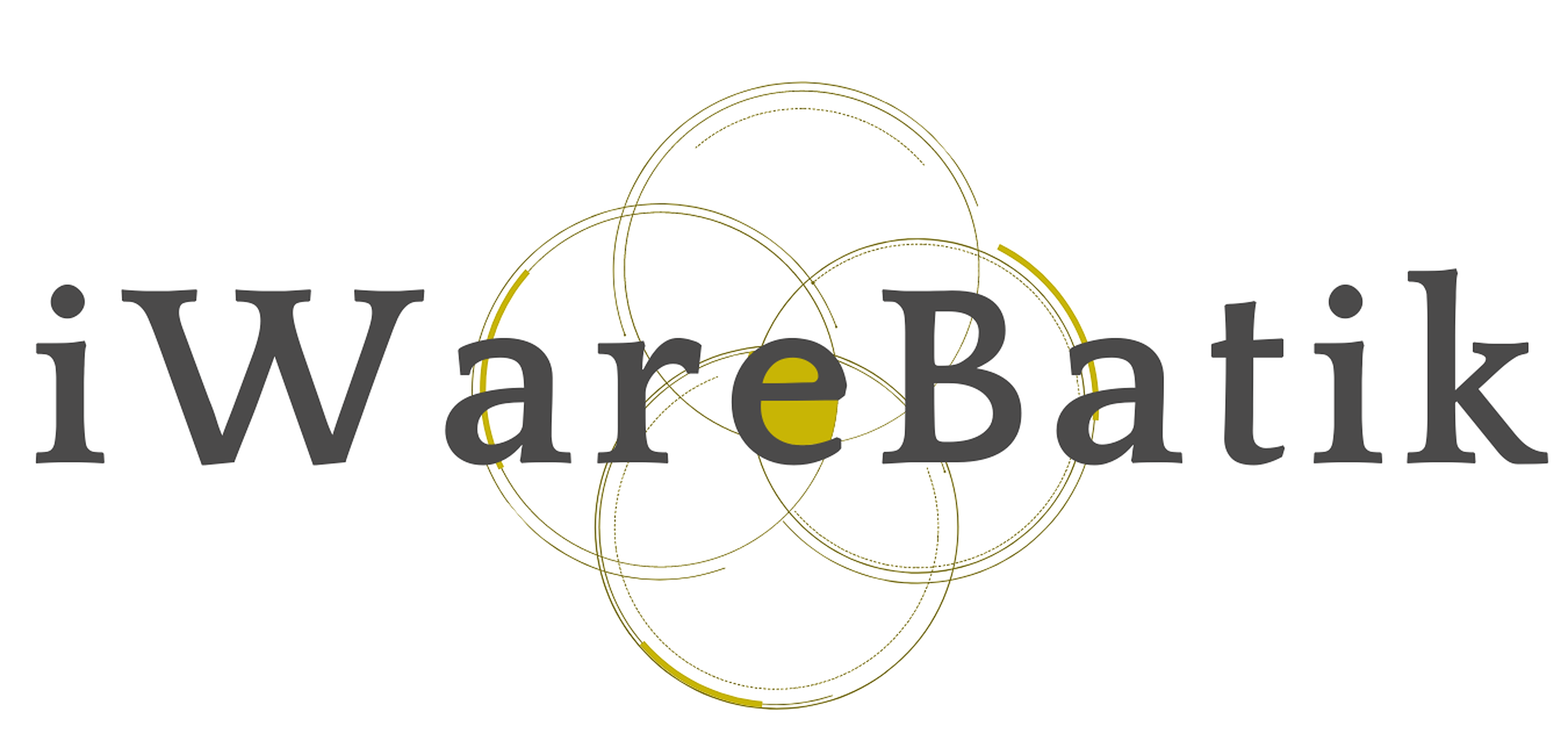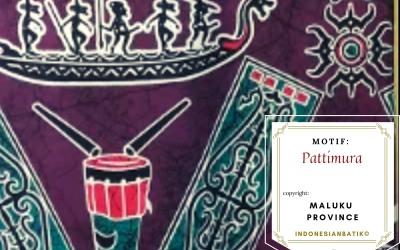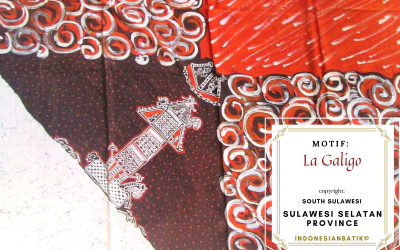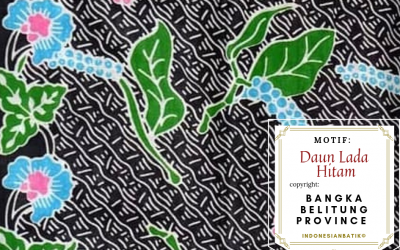Rasamala
Meanings:
The rasamala batik motif is associated with the time the Dutch first entered the Sunda Kelapa region in the 16th Century. At that time, Sunda Kelapa was a wild swamp forest region covered with rasamala trees. The Betawi people consider the rasamala as a sacred tree for its fragrant odour.
Note: All contents and batik images are protected by Indonesian cultural property law. This documentation is intended for educational purposes and to facilitate the preservation of Batik UNESCO’s intangible cultural heritage 2009. Any use of published materials is allowed only with reference to this website as the original source of publication.
How to preserve Batik
Philosophical Meanings of Batik
Learn and identify the meaning of the motifs from each region. Are you searching for a meaningful gift for your loved ones? Surprise them with a merry little Batik!
Authentic Batik
Buy the authentic handwritten Batik textiles to add to your prestigious collection. Such support will enhance the well-being of Batik artisans and preserve the living heritage.
Batik Community
If you want to meet the Batik artisans, we encourage you to visit and support Batik workshops in Indonesia. You may discover the local tourism that suits your preference!
UNESCO Intangible Cultural Heritage of Humanity in 2009
Batik Production Process in Jakarta
Batik production can take 1 month up to 2 years of working time depending on the purposes of the textile creation and the colour complexity. The Batik handwriting textile is generally made with 8 design steps, ranging from wax patterning to colouring process. The artists use Canting, as a tool to put hot melted wax on the cloth.
Batik Regions
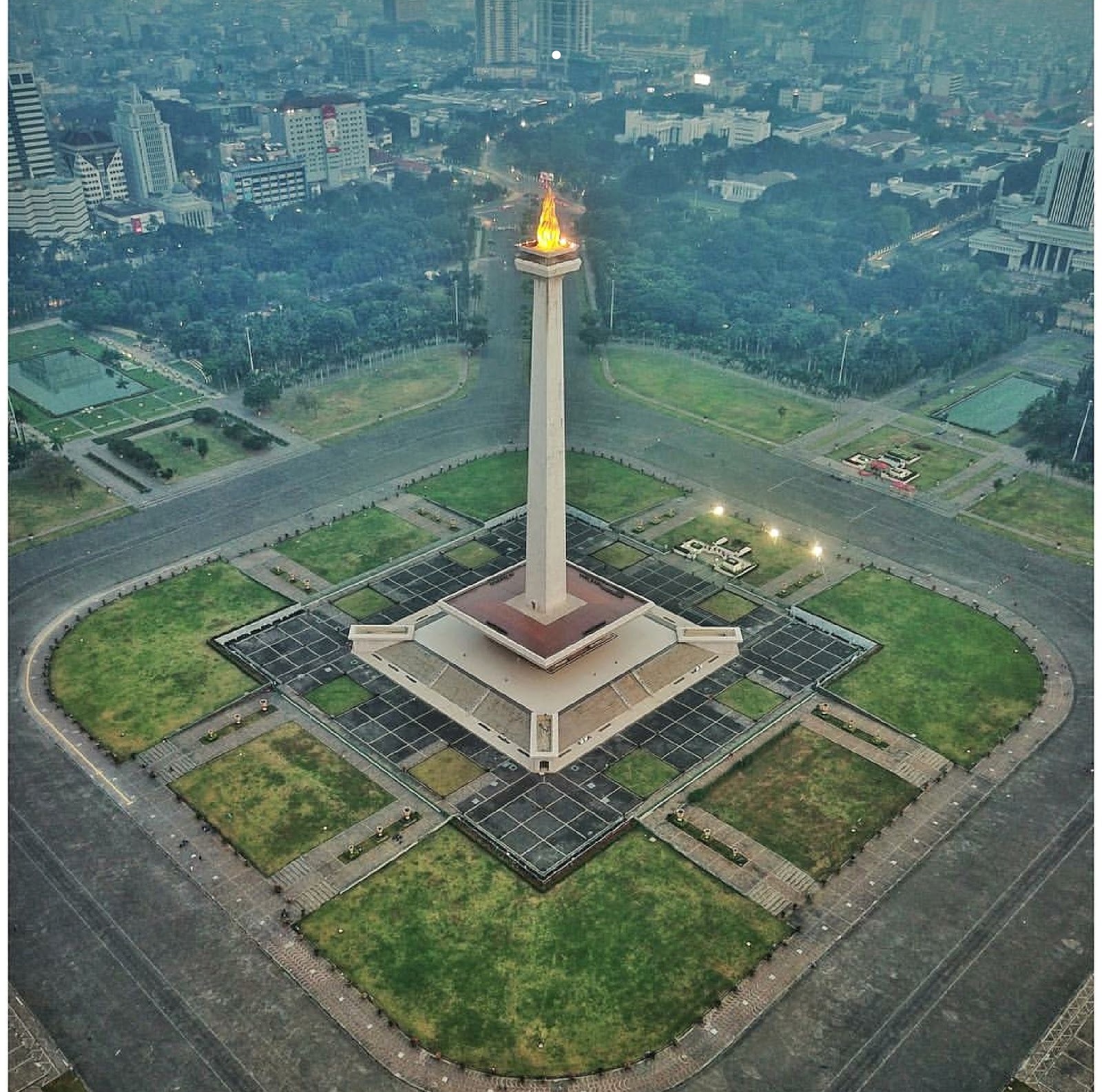
Overview of Jakarta Province
Jakarta occupies the 17th position out of 40 cities with the most skyscrapers in the world. Jakarta has not only 47 museums, but it also has cultural and art attractions scattered all over the city. You can find and visit private galleries, theater clubs, art shops, classics, and contemporary museums.
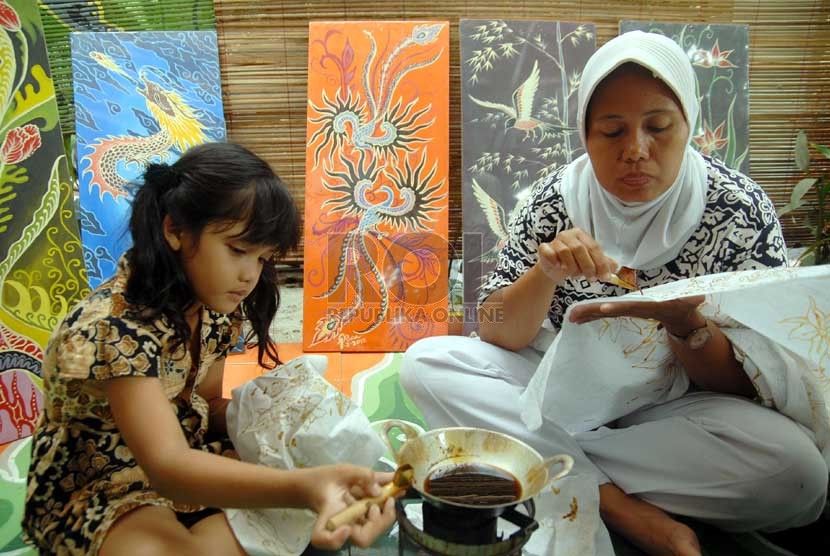
Batik Villages in Jakarta Province
Batik villages are the region where the Batik producers mostly reside and open their Batik workshops, as well as display their Batik products. You could buy the Batik textiles from the artisans and participate in the making process of Batik on the site.
